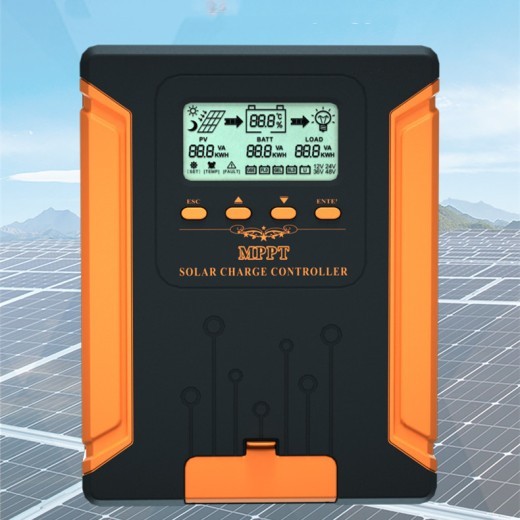
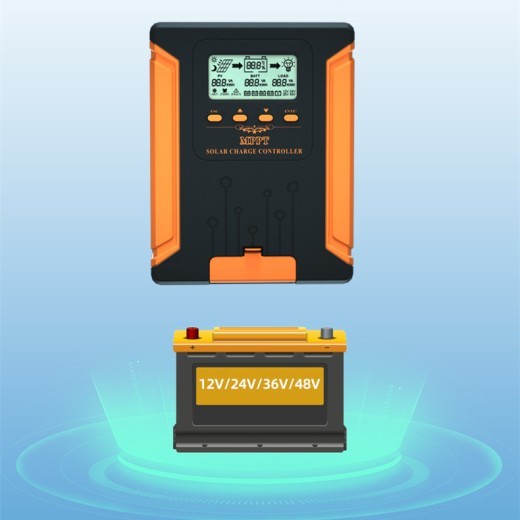
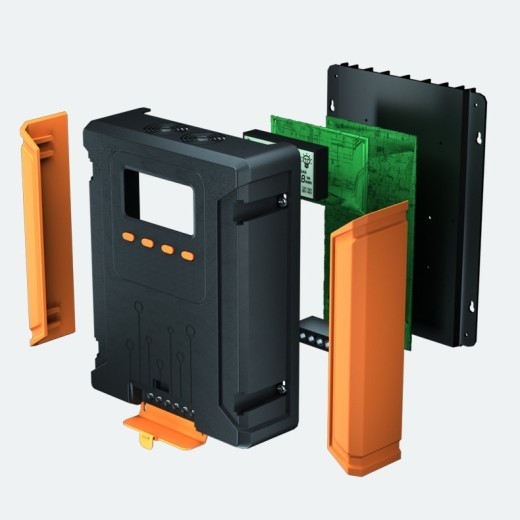
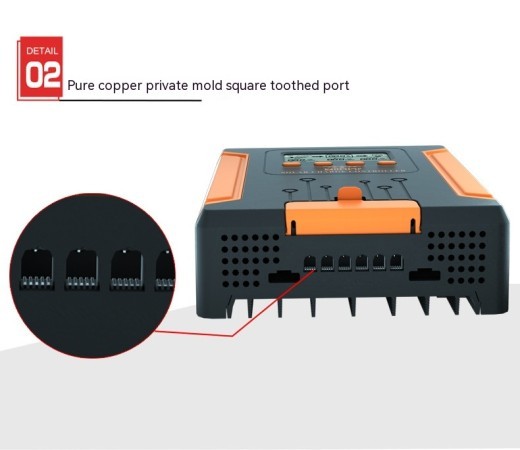
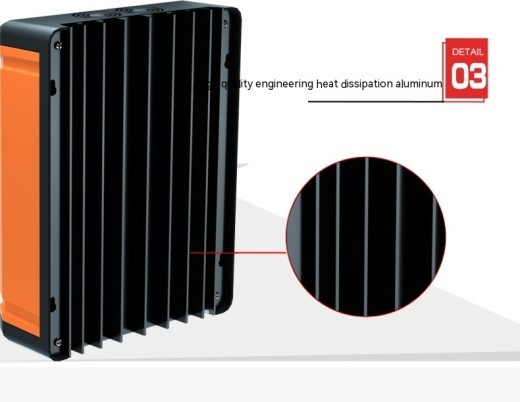
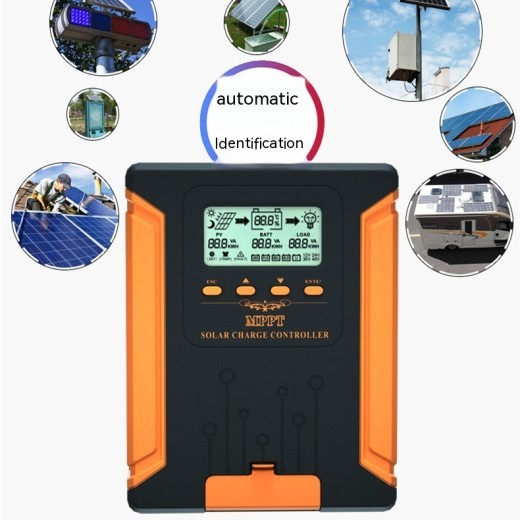
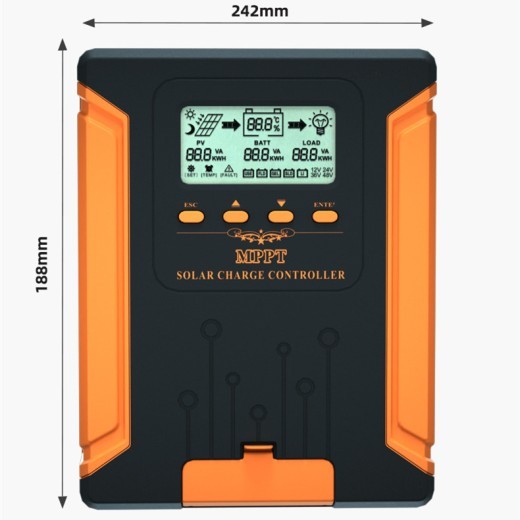
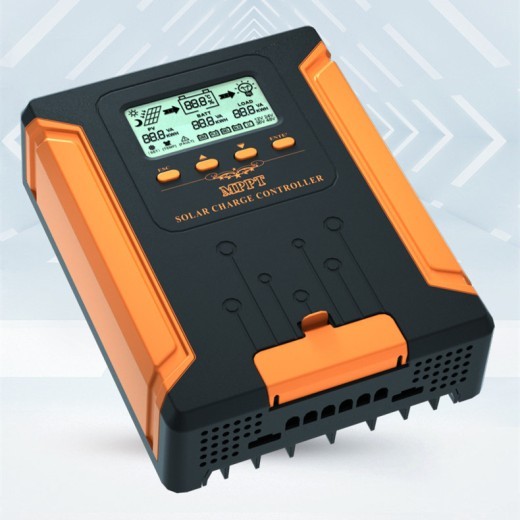
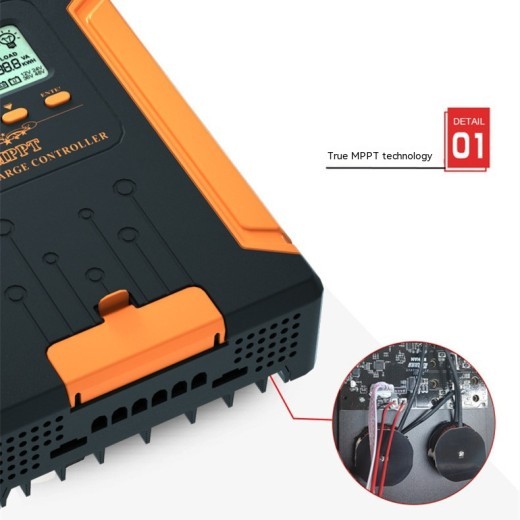
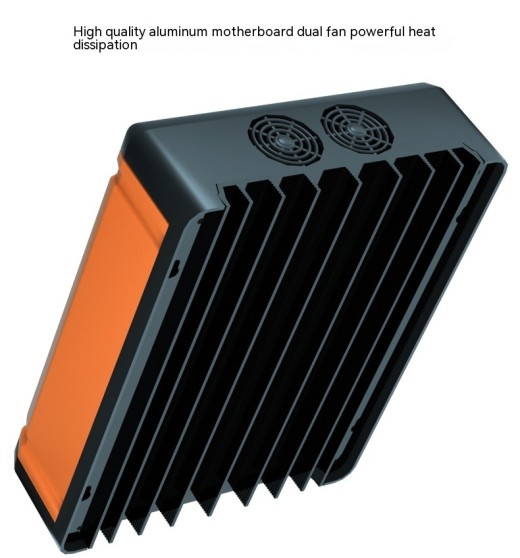










Solar Controller Intelligent Photovoltaic Panel Charge And Discharge Controller
Approx $179.09 USD
Solar Controller – Intelligent Photovoltaic Panel Charge and Discharge Controller
Introduction to the Solar Controller
Harnessing the power of the sun efficiently requires an intelligent Solar Charge Controller that optimally manages the energy flow between photovoltaic (PV) panels, batteries, and loads. A Solar Controller – Intelligent Photovoltaic Panel Charge and Discharge Controller is essential for protecting batteries, preventing overcharging, and ensuring the longevity of your solar power system.
Designed for off-grid and grid-connected systems, these controllers come equipped with MPPT (Maximum Power Point Tracking) or PWM (Pulse Width Modulation) technology, ensuring high efficiency, intelligent monitoring, and seamless integration with modern solar setups.
Why Choose an Intelligent Solar Charge Controller?
1. Optimized Energy Management
A solar controller regulates and optimizes the power generated by solar panels, ensuring maximum efficiency while protecting your system from voltage fluctuations.
2. Battery Protection and Longevity
With intelligent charge and discharge regulation, the controller prevents overcharging, deep discharging, short circuits, and reverse polarity, prolonging battery life.
3. Maximum Power Utilization
MPPT controllers increase energy harvest by up to 30% more than standard PWM controllers, maximizing power extraction from solar panels.
4. Wide Compatibility
- Supports 12V, 24V, 36V, and 48V battery systems.
- Works with Lithium-ion, Lead-acid, Gel, and AGM batteries.
- Compatible with various solar panel configurations and power outputs.
5. Real-Time Monitoring and Smart Control
Many modern solar controllers feature:
- LCD/LED displays for easy system status monitoring.
- Bluetooth and Wi-Fi connectivity for remote control via mobile apps.
- Smart protection circuits to safeguard against electrical faults.
Key Features of the Solar Charge and Discharge Controller
1. Advanced MPPT or PWM Technology
- MPPT Controllers provide higher efficiency by dynamically adjusting input voltage.
- PWM Controllers offer reliable, cost-effective power regulation.
2. Multiple Load Control Modes
- Light control mode for automatic dusk-to-dawn operation.
- Timer control mode for scheduled charging/discharging cycles.
- Hybrid mode combining time and light-based activation.
3. Battery Charging Optimization
- Multi-stage charging algorithms (Bulk, Absorption, Float, and Equalization).
- Adjustable parameters for different battery chemistries.
- Temperature compensation to prevent overheating.
4. High-Efficiency Power Management
- MPPT efficiency up to 99% for maximum energy conversion.
- Low standby power consumption, ensuring no energy waste.
- Auto-detect battery voltage to adjust output dynamically.
5. Protection and Safety Mechanisms
- Overvoltage and overload protection to prevent damage.
- Reverse polarity protection for battery safety.
- Short circuit and lightning protection for durability.
- Overheating shutdown to avoid component failure.
6. User-Friendly Interface
- LCD display showing real-time voltage, current, and battery status.
- Mobile app support (Wi-Fi/Bluetooth-enabled models).
- Touch buttons for quick adjustments.
Best Applications for the Solar Charge Controller
1. Off-Grid Solar Systems
Perfect for cabins, RVs, boats, and tiny homes, providing energy independence without a utility grid connection.
2. Residential and Commercial Solar Installations
Used in homes, farms, and businesses to optimize solar energy utilization.
3. Solar Street Lighting
Controls and regulates solar-powered street lights, ensuring efficient night-time operation.
4. Solar Power Stations
Manages energy storage and distribution for standalone solar power plants.
5. Industrial and Remote Applications
Used for telecommunications, surveillance cameras, and scientific research stations.
How to Choose the Right Solar Charge Controller
1. Determine Your Solar System’s Voltage and Current Requirements
- 12V or 24V systems for small to medium applications.
- 48V+ systems for larger commercial installations.
2. Choose Between MPPT and PWM
- MPPT Controllers are recommended for high-efficiency, high-power applications.
- PWM Controllers are cost-effective and suitable for low-power setups.
3. Check Load Capacity and Battery Compatibility
Ensure the controller supports your battery type and handles the panel's maximum current output.
4. Look for Smart Features
- Remote monitoring for ease of use.
- Multiple charging modes for tailored energy management.
- Durability for extreme weather conditions.
Top-Rated Solar Controllers Available in New Zealand
Here are some of the best solar charge controllers you can find in NZ:
- Victron Energy SmartSolar MPPT 100/50 – Bluetooth-enabled MPPT controller for advanced solar setups.
- EPEVER Tracer 4215BN MPPT – High-efficiency charge controller with a backlit LCD.
- Renogy Rover 40A MPPT – Intelligent controller with advanced tracking technology.
- Morningstar ProStar PS-30 PWM – Reliable PWM controller with temperature compensation.
- Outback FLEXmax 60 MPPT – Premium-grade solar controller with real-time data monitoring.
Where to Buy Solar Controllers in New Zealand
You can purchase high-quality Solar Charge Controllers in NZ from:
- Trade Me
- Mighty Ape
- PB Tech
- Solar Electric Technology
- The Warehouse
- Amazon NZ
- Jaycar Electronics
Look for exclusive deals, bulk discounts, and extended warranties when shopping.
Frequently Asked Questions (FAQs)
1. What is the difference between MPPT and PWM controllers?
MPPT controllers offer higher efficiency (up to 99%), making them ideal for larger solar systems, while PWM controllers are simpler and cost-effective for small-scale applications.
2. Can I use a solar charge controller for lithium-ion batteries?
Yes, many modern controllers support Lithium-ion, Lead-acid, AGM, and Gel batteries, but ensure the controller is programmable for lithium charging profiles.
3. How do I know what size solar charge controller I need?
Calculate based on your solar panel wattage and system voltage. For example, a 400W solar panel at 12V requires a controller with at least 33A capacity.
4. Can a solar controller work at night?
No, solar controllers manage power during daylight but some models feature night-mode settings for controlling loads like LED lighting.
5. Do solar controllers require maintenance?
Minimal maintenance is needed, but it’s recommended to check connections and battery status periodically.
Final Thoughts
A Solar Charge Controller – Intelligent Photovoltaic Panel Charge and Discharge Controller is an essential component for any solar power system, ensuring maximum efficiency, battery protection, and intelligent power management. Whether you need a simple PWM controller for a small home system or a high-efficiency MPPT controller for commercial use, investing in the right device will maximize your solar energy investment.
Product information:
Battery Type: Lead-acid battery/ternary lithium battery/lithium iron phosphate battery
Automatic identification voltage: 12V/24V/36V/48V
Rated charging current: 60A
Product Size: 188x242x67mm
Discharge current: 20A
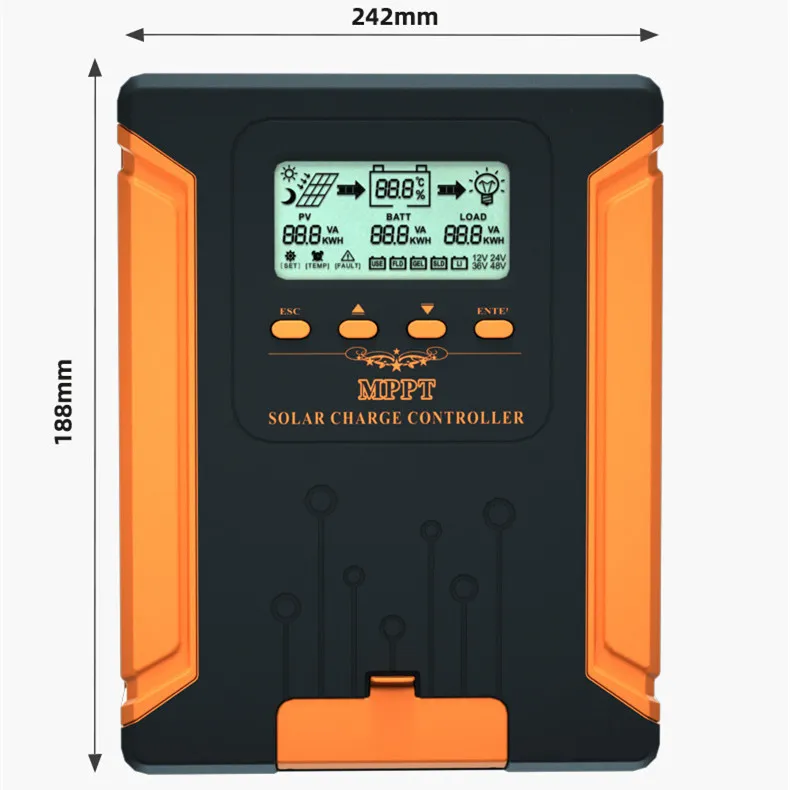
Packing list:
Solar Controller*1
Product Image:
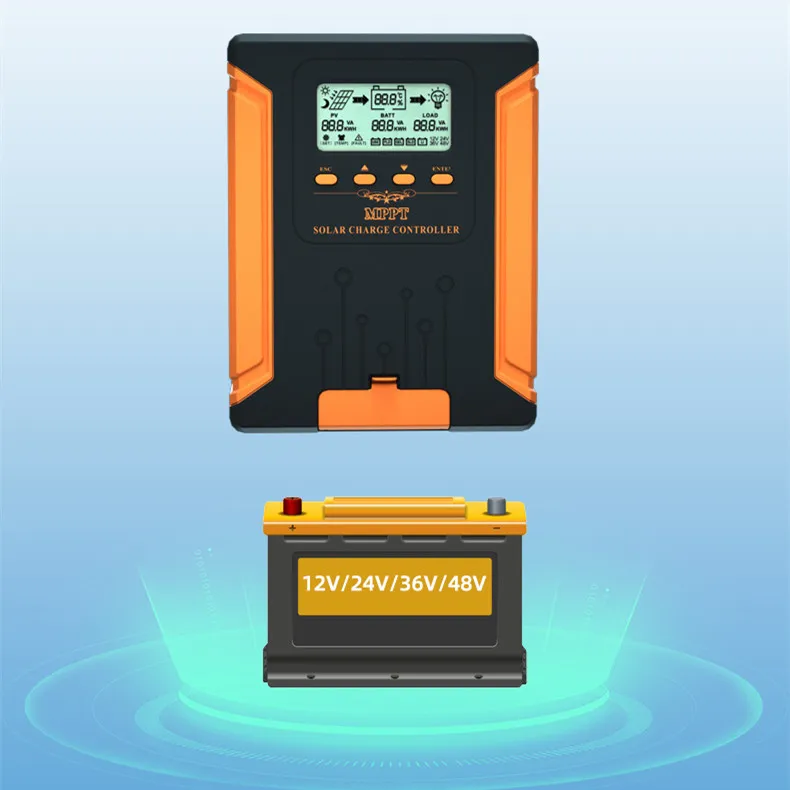
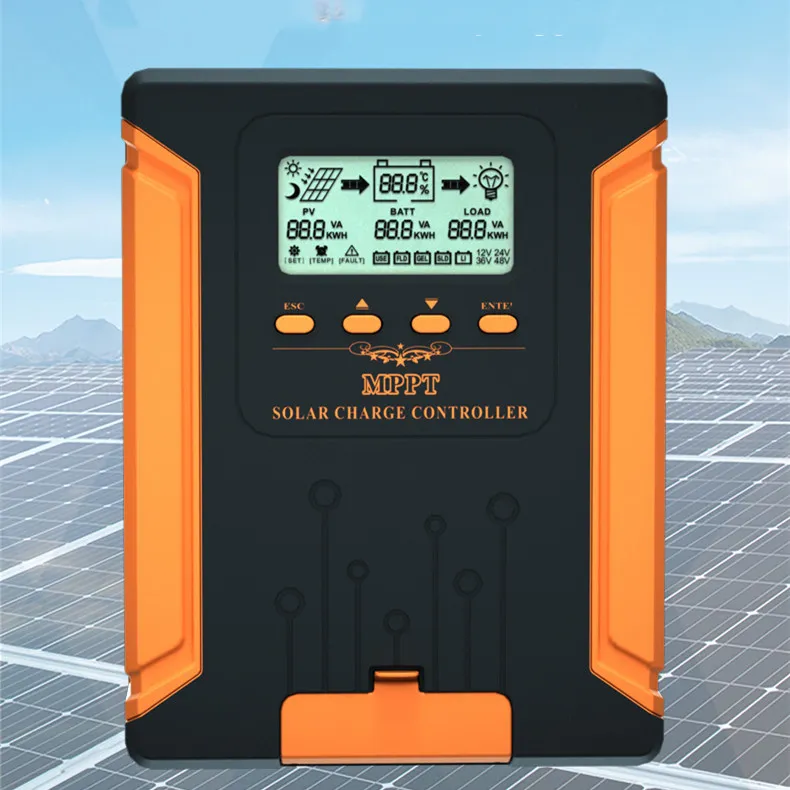
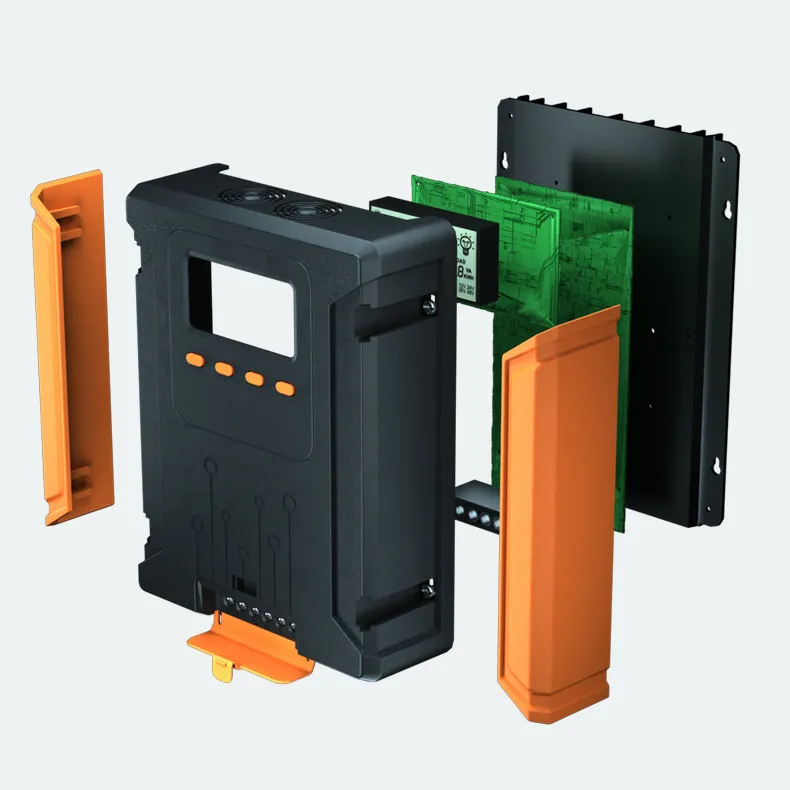
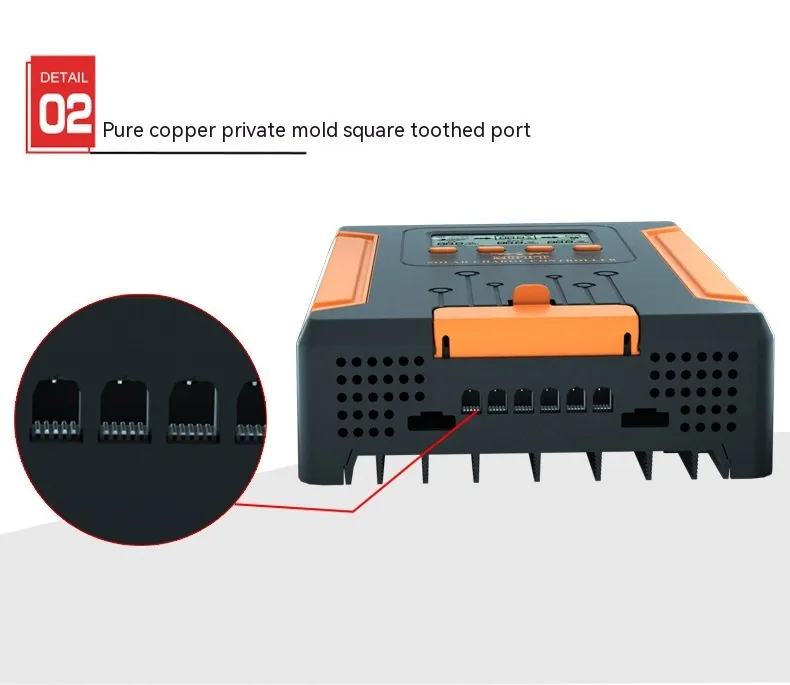
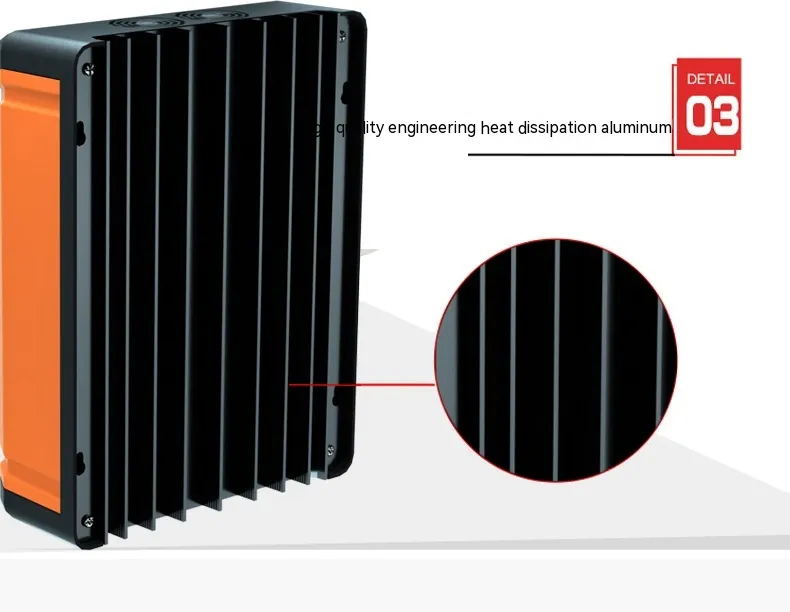
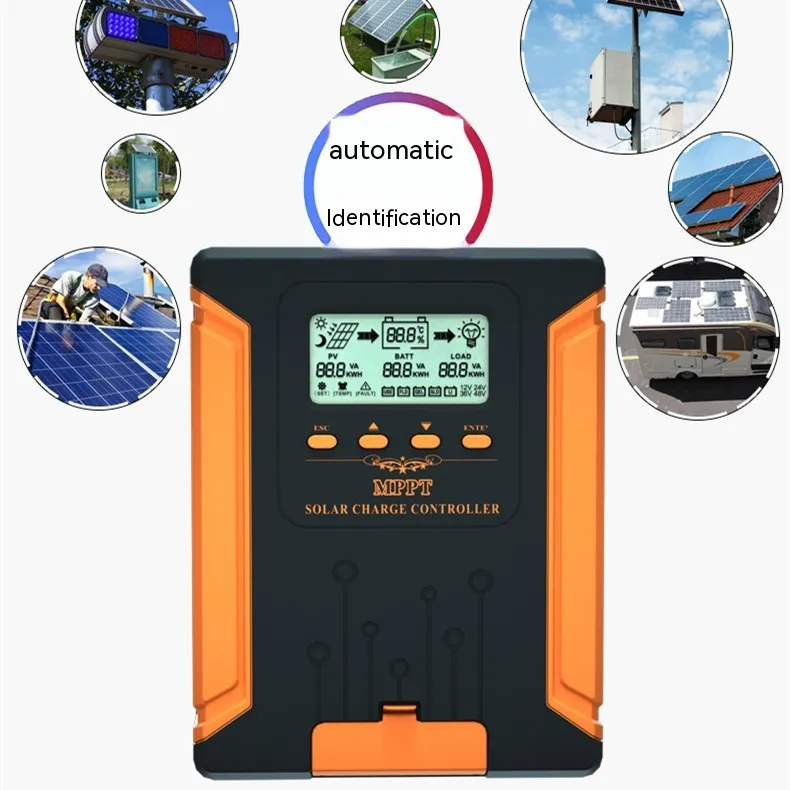
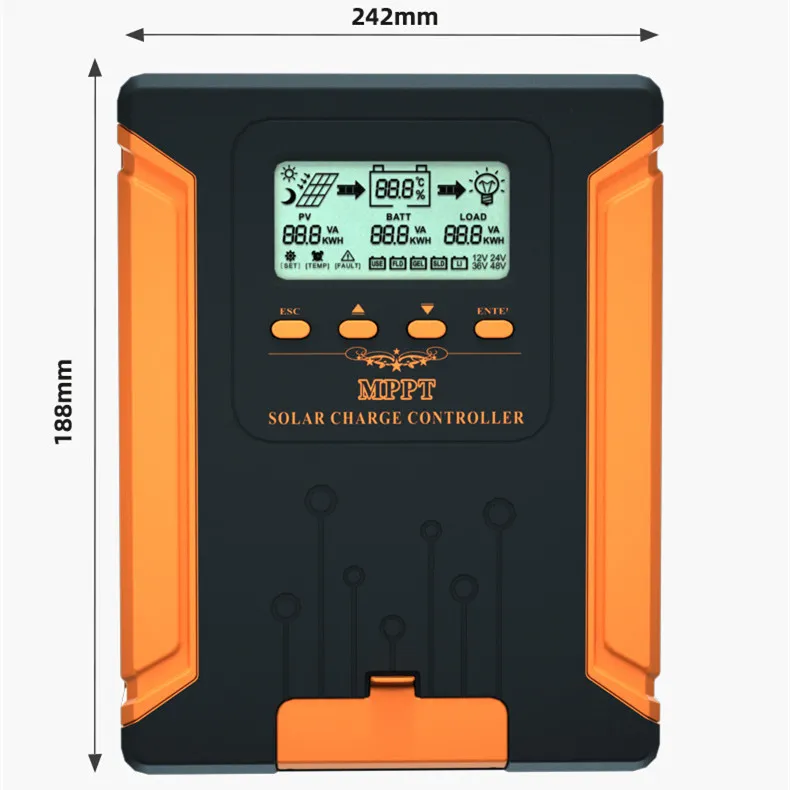
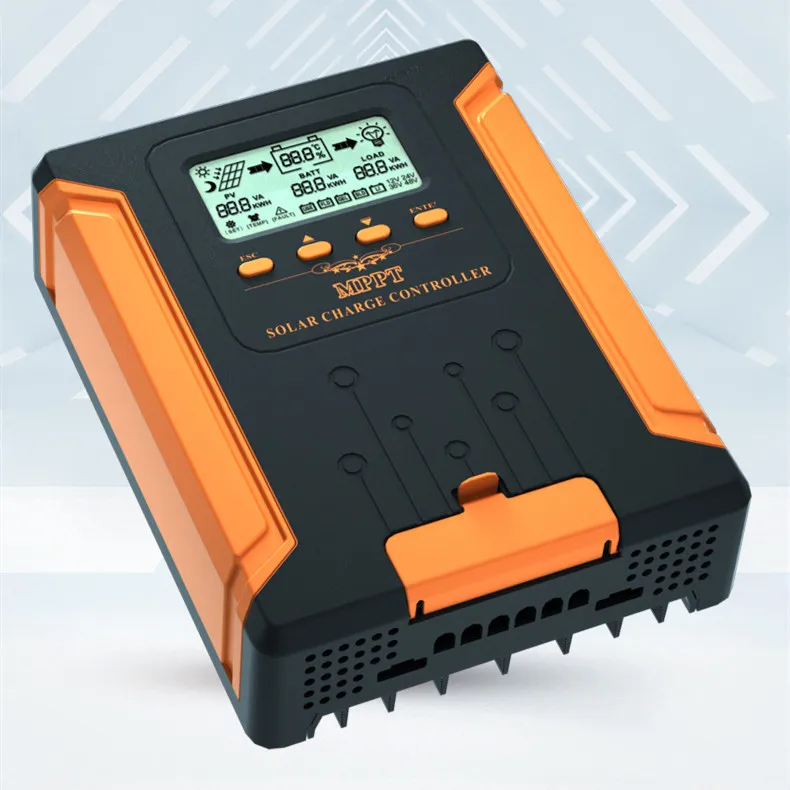
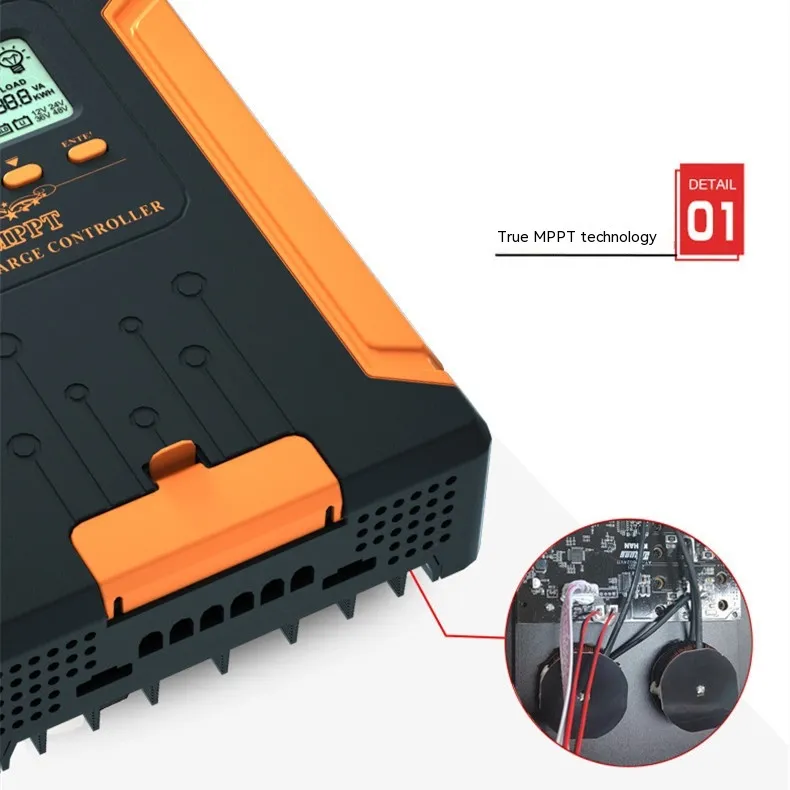
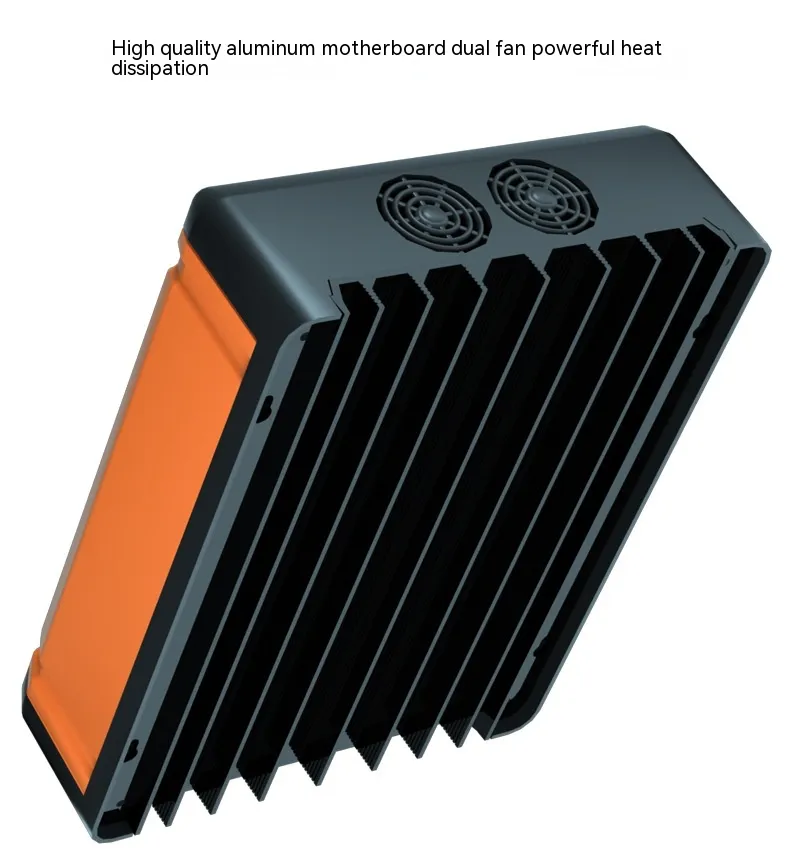
The product may be provided by a different brand of comparable quality.
The actual product may vary slightly from the image shown.








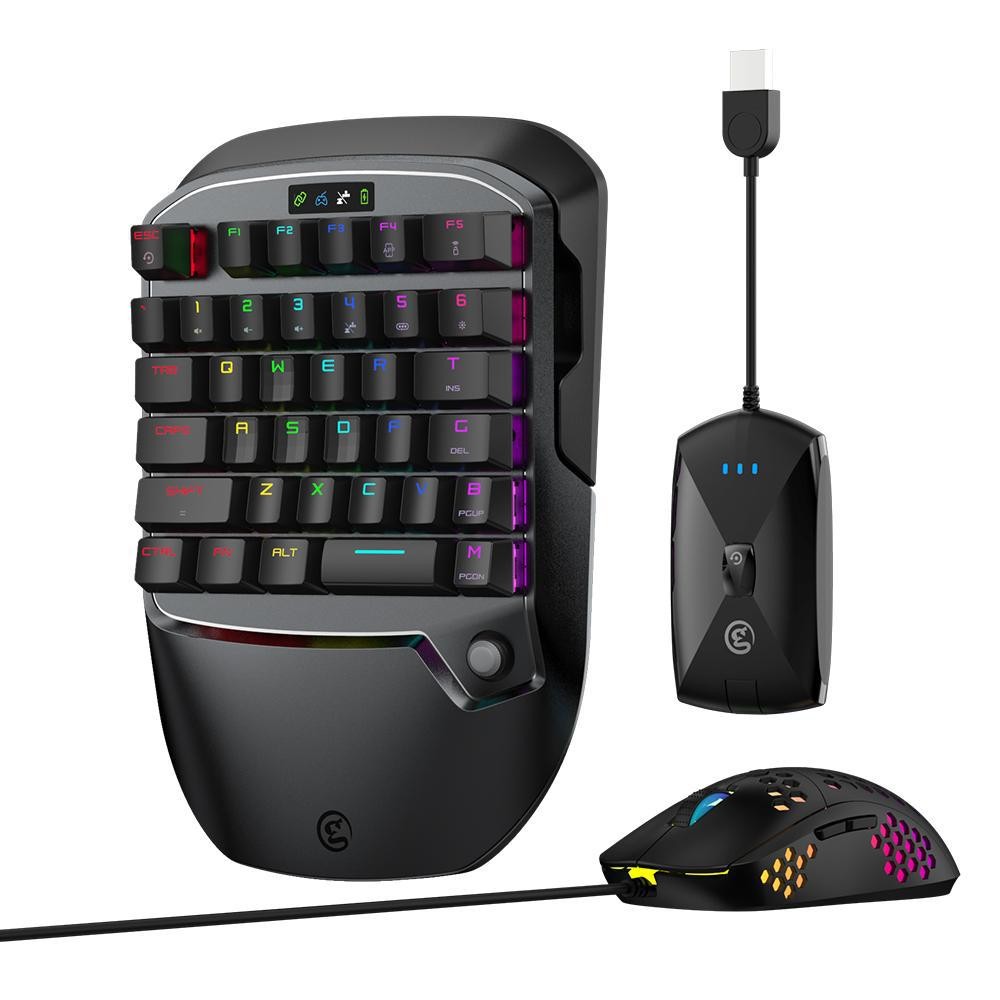
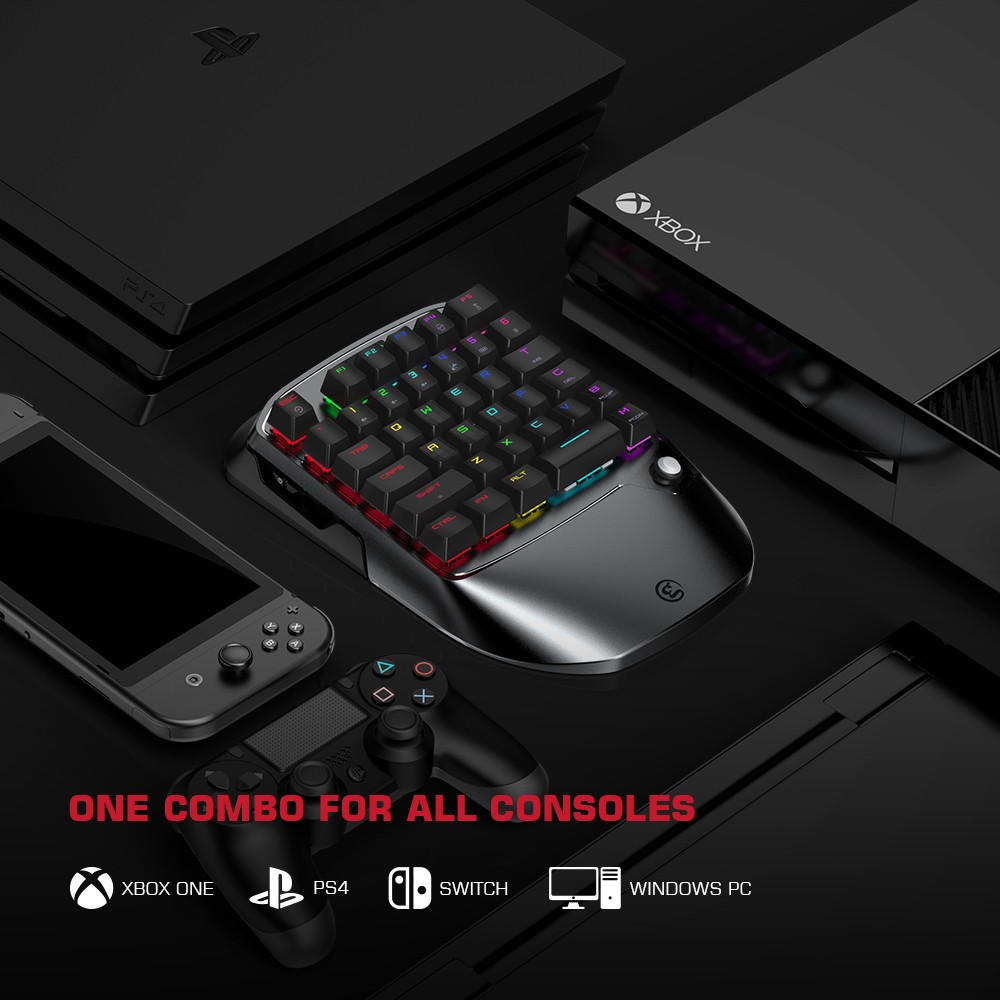


.webp)
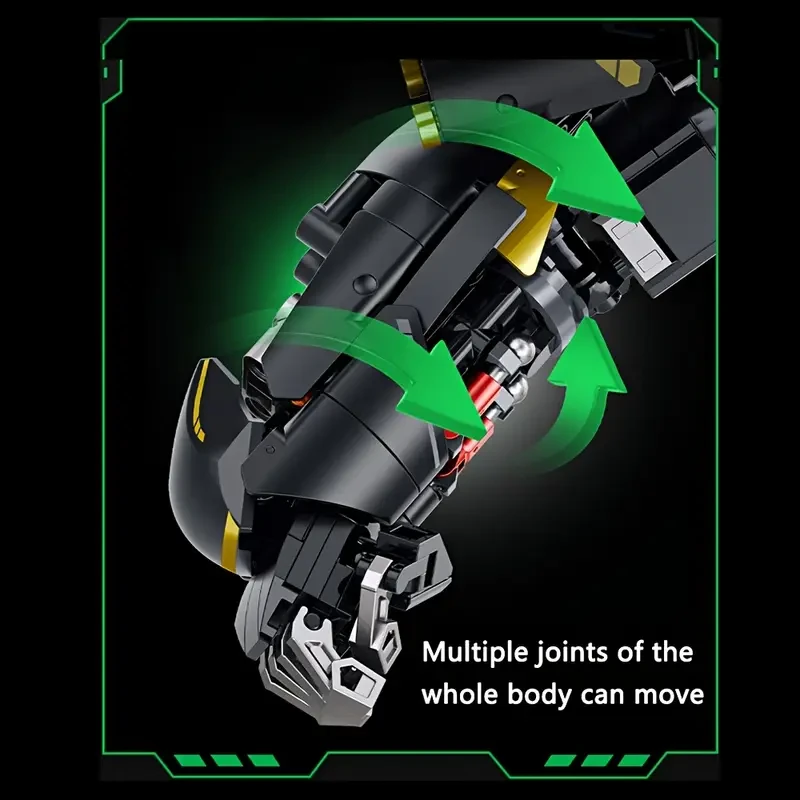
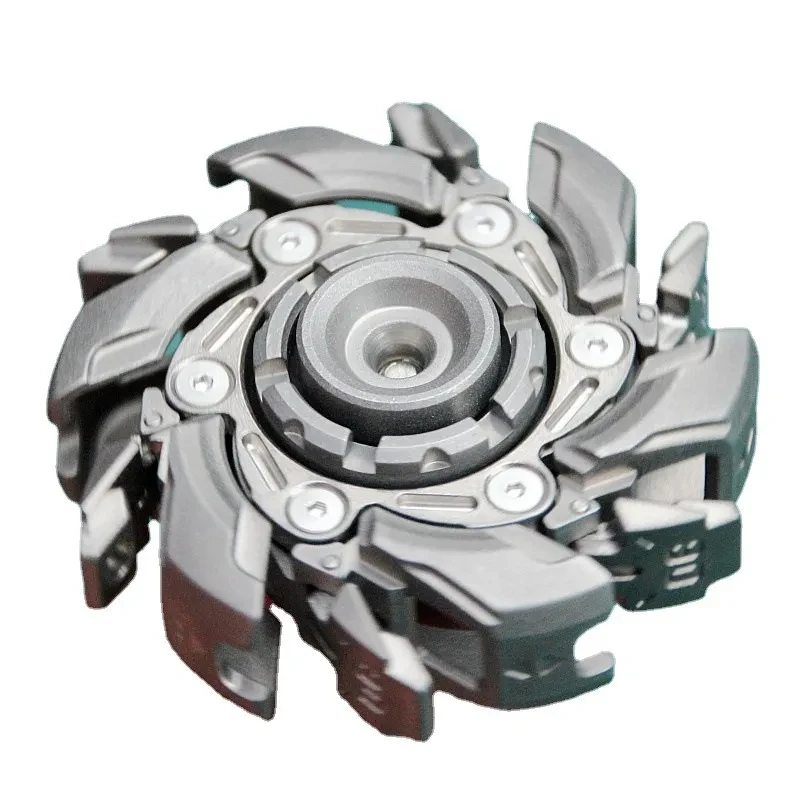
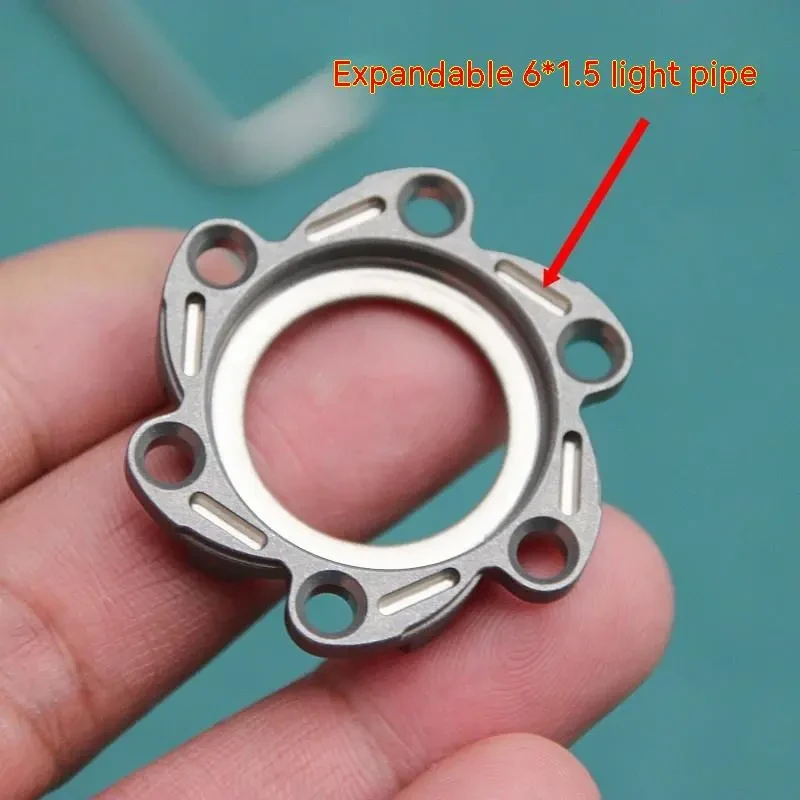


.jpg)









.jpg)





.jpeg)





.jpeg)



.jpeg)








.jpeg)



.jpeg)

.jpeg)

.jpeg)

.jpeg)




.jpeg)
.jpg)

.jpeg)






.jpeg)
.jpeg)




.jpeg)





.jpeg)


.jpeg)

.jpeg)

.jpeg)

.jpeg)







.jpeg)
.jpeg)
.jpeg)





.jpeg)



.jpeg)






.jpg)
.jpeg)









.jpg)


ulva-Logo.jpg)




.jpeg)



.png)















.png)























